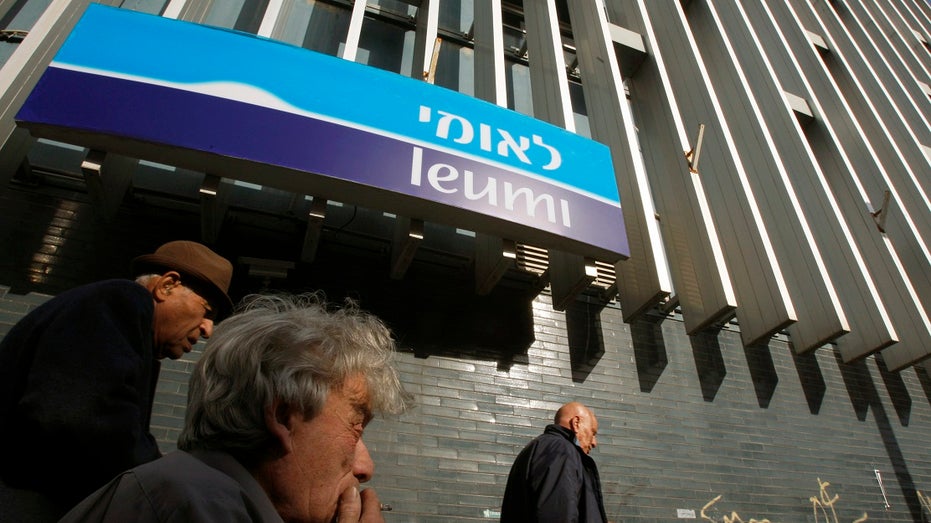Hamas possibly reaped massive financial windfall in bets against Israeli stocks: report
A 67-page report titled "Trading on Terror?" detailed how stocks of Israeli companies were bet against in major transactions
Hamas is deliberately planning attacks during cease-fire: Sen. James Lankford
Sen. James Lankford, R-Okla., discusses the hostage situation in Gaza on 'Cavuto: Coast to Coast.'
Investors most likely linked to Hamas received financial windfalls following the Oct. 7 attacks on Israel after making bets on Israeli securities in the weeks leading up to the massacre that killed at least 1,200 people, according to researchers.
In a report titled "Trading on Terror?," law professors Robert Jackson Jr. of New York University, and Joshua Mitts of Columbia University, detailed suspicious trading activity.
The report details how so-called short sellers made risky bets against stocks that paid off.
US TRADE IS TOO DEPENDENT ON ITS ENEMIES: DAVID WEBB

Columbia University's Joshua Mitts co-authored a report with New York University's Robert Jackson Jr. about suspicious trading activity by investors linked to Hamas in the wake of the Oct. 7 terrorist attacks in Israel. (Luiz C. Ribeiro for NY Daily News via Getty Images/File / Getty Images)
"Although we see no aggregate increase in shorting of Israeli companies on US exchanges, we do identify a sharp and unusual increase, just before the attacks, in trading in risky short-dated options on these companies expiring just after the attacks," wrote Jackson, a former Securities and Exchange Commission member, and Mitts, a short-selling expert, in the 67-page paper.
In one trade reported by the New York Post, an unidentified trader shorted 4.43 million shares in Israel’s largest bank, Leumi, between Sept. 15 and Oct. 5. The move resulted in a nearly $900 million profit.
HAMAS IS DELIBERATELY PLANNING ATTACKS DURING CEASE-FIRE: SEN. JAMES LANKFORD

Israelis walk past a branch of Bank Leumi in Tel Aviv. (Reuters/Gil Cohen Magen/File / Reuters Photos)
Just five days before the attacks, someone short-sold the Enterprise Investment Scheme (EIS), a security that gives investors exposure to Israeli exchange-traded funds through the MSCI Israel ETF, making around 227,000 short transactions against the exchange.
"It is extremely unlikely that the volume of short selling on Oct. 2 occurred by random chance," the pair wrote of the volume of short-selling.
On Oct. 11, five days after the conflict started and the first day the market opened after the massacre, the value of EIS fell by 7.1%.
We have to hold Hamas, Hezbollah and Iran 'accountable': Sen. Rick Scott
Sen. Rick Scott, R-Fla., discusses the Israel war, Congress grappling with aid packages and Florida's DeSantis and California's Newsom anticipated debate.
CLICK HERE TO READ MORE ON FOX BUSINESS
"Short selling of Israeli securities on the Tel Aviv Stock Exchange (TASE) increased dramatically," Jackson and Mitts found.
Haaretz, an Israeli newspaper, reported that Hamas has financially savvy members, and that it isn’t implausible that they were behind these shorts.
It was unclear if the windfalls from the trading activity were used to fund the terrorist group.






















